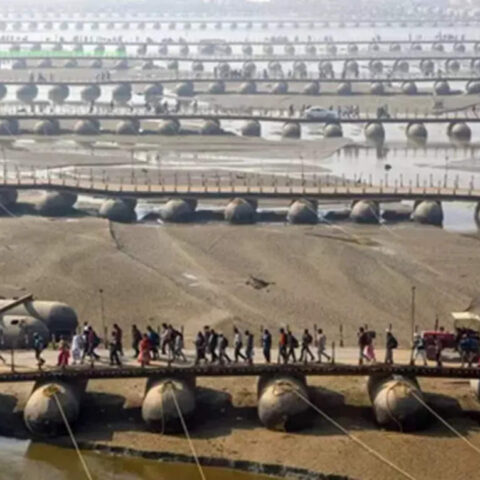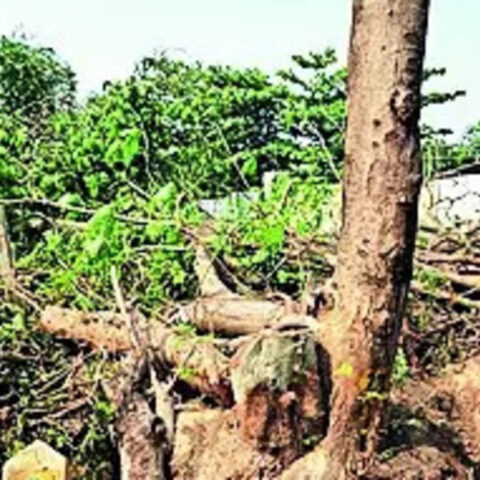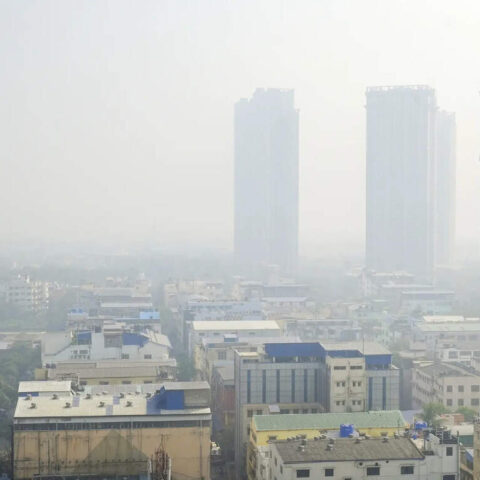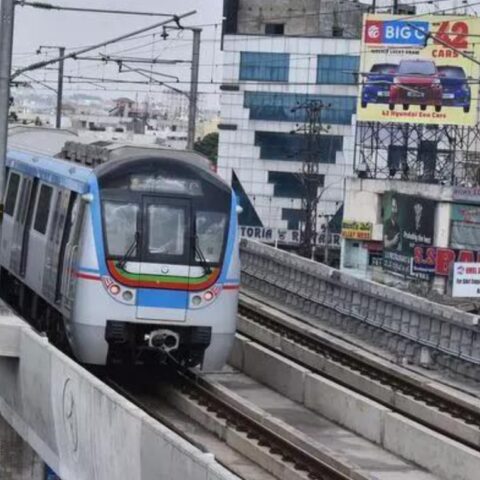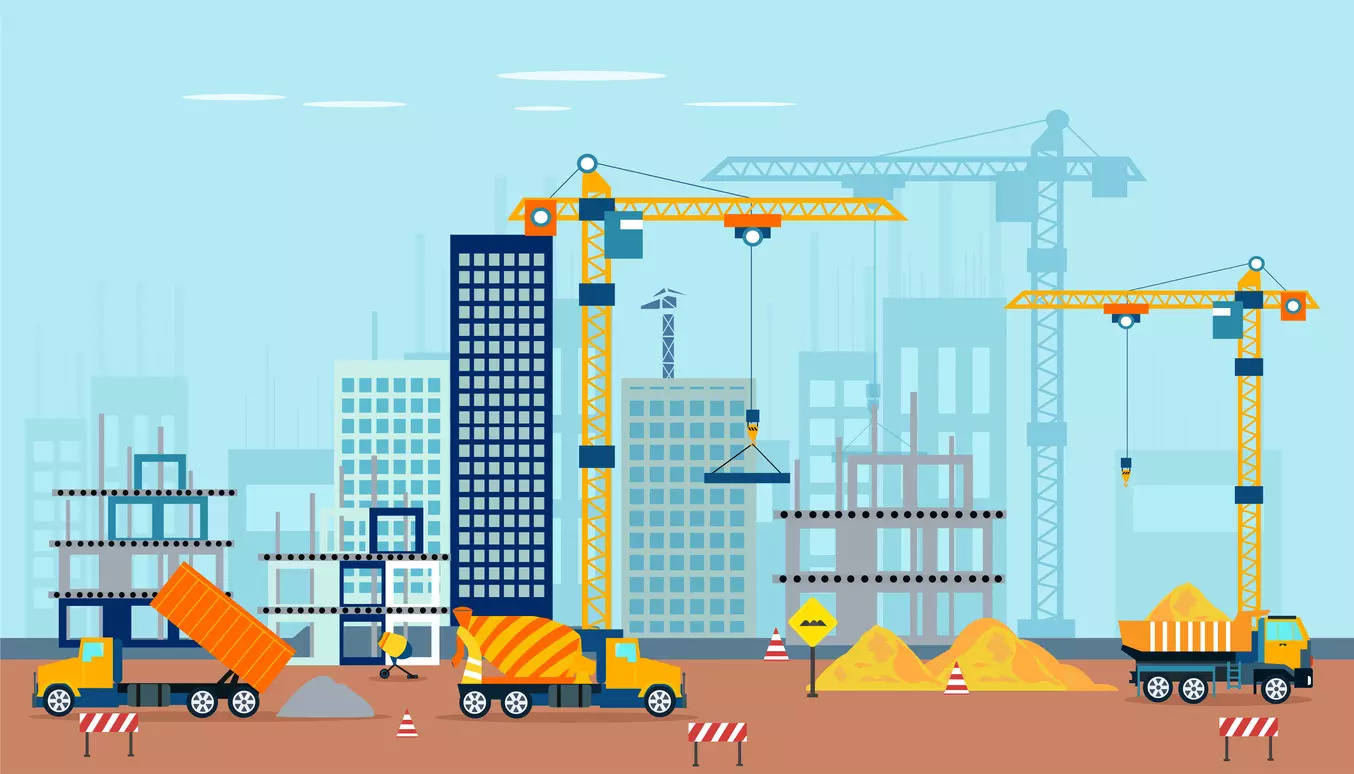
PUNE: Redevelopment of old wadas in the city continues to be a distant dream as the cluster development concept is yet to gather pace several years after its declaration.
Even after getting approval for the concept in a different form under the Unified Development Control and Promotion Regulations (UDCPR) in 2021, not a single proposal has been approved under this scheme in Pune.
A new policy, the Urban Renewal Scheme (URS), was incorporated in UDCPR on the lines of Pune Municipal Corporation‘s cluster development of wadas concept. However, it has not helped solve the decades-long problem of redeveloping dilapidated wadas, residents and civic officials said.
The UDCPR states that URS is a scheme for the “redevelopment of a cluster or clusters of buildings and structures in the municipal corporation area over a minimum area of 10,000sqm in a non-congested area and 4,000sqm in a congested area”.
Civic officials said that they have not received any proposals to redevelop wadas under URS. “The requirement of land for URS is big for urban areas. It appears that getting such a big land under wadas is difficult. So, no proposal has reached us as of today,” said Rohidas Gavhane, a senior official of PMC’s building permissions department.
Residents, many of whom continue to live in these old, dilapidated and life-threatening structures, said that neither the state nor the local self-governing body has made any efforts to promote the policy.
The cluster development policy, announced around a decade ago in the PMC’s development plan (DP), was a tool to resolve these issues. It gave incentives for redevelopment, including an additional 4 FSI. Floor Space Index (FSI) is the ratio of the total covered area of construction to the total plot size.
PMC’s cluster development policy also provided relaxations in the side/front margins, special FSI for free rehabilitation of tenants, relaxation in road width for redeveloping properties, and a special cluster transfer of development rights (TDR). But none of it could be utilised without official approval of the policy.
Kasba Peth resident Suraj Gadhawe said old properties were a threat to their lives. “Many citizens have been left with no option but to live in the highly dangerous properties as the wadas are not getting redeveloped. Cluster development will help resolve the issues of many residents at one go. Authorities must take special efforts to sensitise citizens about this provision,” he said.
Vishal Chaudhari, another resident from the Peth areas, said the administration would be able to provide better facilities if the scheme was approved in large numbers. “Availability of land is a major concern in the Peth areas, which are densely populated. Better planning of the housing and commercial complexes in such areas is possible if the cluster is developed. A system like a one-window approval should be introduced to promote cluster development,” he said.
Civic officials pointed out that it was difficult to bring many wadas under one roof. It was hard to get consent from owners and tenants of all these properties, an official said, and added that several properties are also under litigation.
As a result, creating a big land-pool after demolishing multiple wadas in the same vicinity was a tough task, which was the key purpose of the cluster development policy, the official added.






